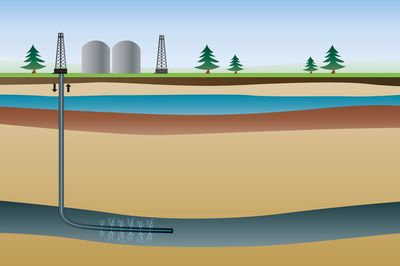
26. March 2024
Is fracking an option for Germany? What are the opportunities and risks of fracking, where are there uncertainties? ESYS gives an overview.
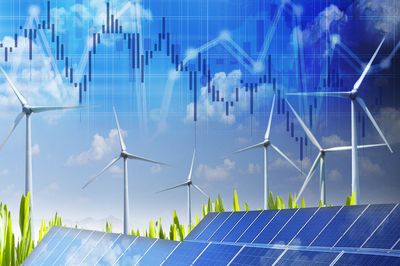
26. March 2024
How can renewables be integrated into the market? ESYS makes proposals for adapting the electricity market design.

11. August 2023
There is much discussion about whether the current gas shortage can cause blackouts in Germany. How justified are these concerns? The academies of sciences acatech, Leopoldina and the Union of Academies provide an overview with an impulse paper from their joint project “Energy Systems of the Future” (ESYS): what is the difference between a blackout and other power outages? How are the risks of blackouts shifting as the energy revolution advances? And how can we deal with them?

25. March 2024
The analysis paper by ESYS experts presents transportation options, considers their advantages and disadvantages and outlines the obstacles and challenges standing in the way of transportation routes and hydrogen partnerships being established.
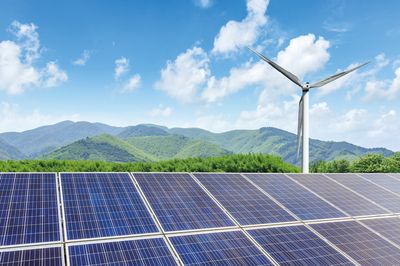
12. December 2022
Earlier this year, the German government adopted ambitious targets to accelerate the growth of wind and solar power. However, there are several barriers to this very necessary expansion of renewables. In a new position paper, the German academies of science set out twelve policy options for removing these barriers so that the required growth rate can be achieved.
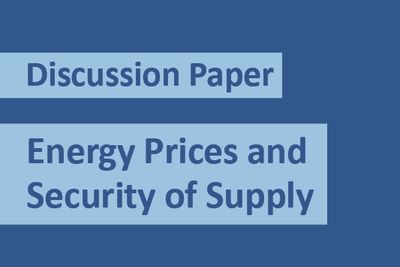
29. July 2022
Europe can end its reliance on Russian energy imports within the next few years, according to a discussion paper of the Academies’ Project ESYS. There are three key requirements for this to happen: additional expansion of the gas transmission infrastructure, a reduction in demand for natural gas, and close, finely-tuned cooperation at European level. However, there is a danger of supply shortfalls until these requirements are met.

22. June 2022
Unavoidable CO2 emissions must be removed from the atmosphere and stored in order to achieve “negative emissions” in this way. What exactly negative emissions are, how they can be generated by nature-based and technological processes, and the advantages and disadvantages of different methods are explained in the new edition of our “In a Nutshell!” format.
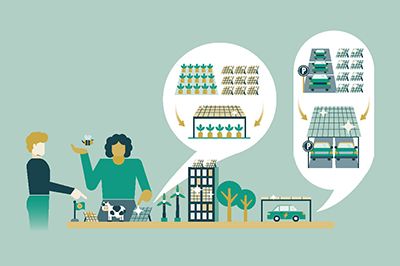
14. October 2021
The next four years will be key to Germany’s climate ambitions. During the term of the new parliament, Germany can either choose to drive climate action both nationally and internationally, or it can pass up this chance and stand idly by while the windows of opportunity close one by one. If Germany fails to embark on the right path now, it will be almost impossible to meet the 2030 and 2045 climate targets.
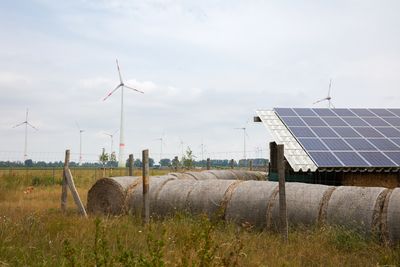
27. May 2019
As the most diverse form of renewable energy, bioenergy can help us achieve the necessary reduction in climate emissions. However, for this to be possible it will need to be produced and utilised more sustainably than is currently the case. This is the conclusion reached by the joint academy project “Energy Systems of the Future” (ESYS) in its Position Paper.
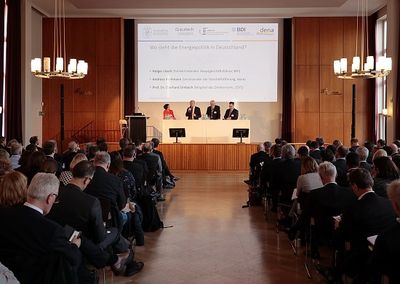
20. February 2019
A joint initiative of the German academies of science project “Energy Systems of the Future” (ESYS), the Federation of German Industries (BDI) and the German Energy Agency (dena) has formulated recommendations in seven action areas, aimed at helping Germany to successfully complete the energy transition and deliver its climate targets for 2050.
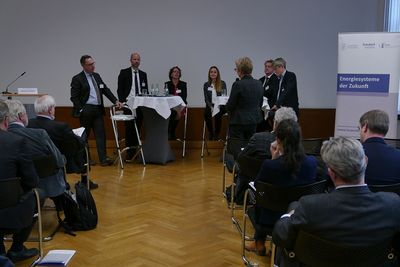
14. December 2018
A climate-neutral EU by 2050 - this is the vision of the EU Commission in its long-term strategy. The new Governance Regulation is intended to help bring EU climate and energy policy together. Will it achieve EU-wide climate targets? The Academies' project "Energy Systems of the Future" (ESYS) states: The EU regulation is an important step, but does not yet pave the way for a climate-friendly European energy supply.
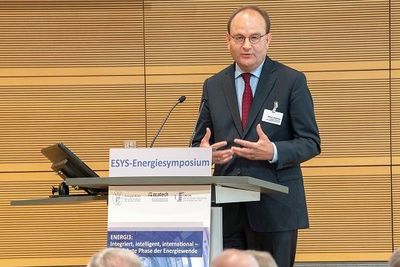
13. September 2018
At the ENERGI3 Energy Symposium in Berlin, ESYS scientists discussed with 250 stakeholders from politics, business and civil society what Germany must do to achieve the next phase of the energy system transformation. Which technologies, energy sources and business models do we need, how must the framework conditions change, and do we secure social acceptance?
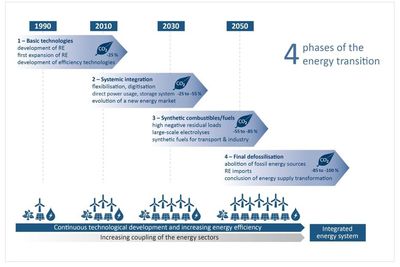
14. November 2017
Only with an explicit strategic change to more coupling of the sectors can targets be achieved over the long-term, according to the Academies’ Project “Energy Systems of the Future” (ESYS). In the position paper published today, a more robust interlinking of the electricity, heat and transport sectors and the integration of more renewables into the system is asked for.
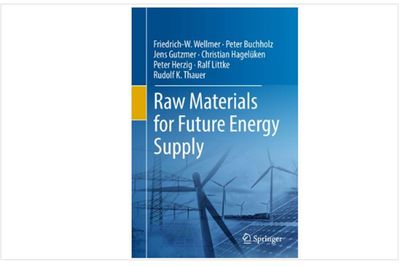
13. July 2018
The analysis of the academy project "Energy Systems of the Future" comes to the conclusion that geologically speaking, sufficient raw materials are available. The challenge, however, is to make the supply secure, affordable and environmentally and socially acceptable. The analysis is now published in English by SpringerLink-Verlag.
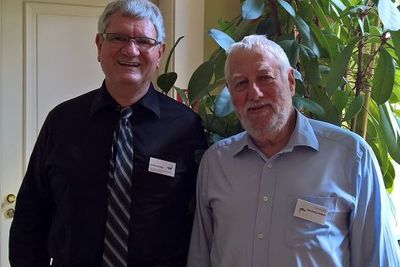
01. June 2018
From pollutant to raw material - instead of polluting the atmosphere, CO2 can be captured and used. In the two-day workshop "What potential does Carbon Capture and Utilization (CCU) have?" on 30 and 31 May 2018 in Potsdam, British and German experts discussed the opportunities and risks of using carbon dioxide.
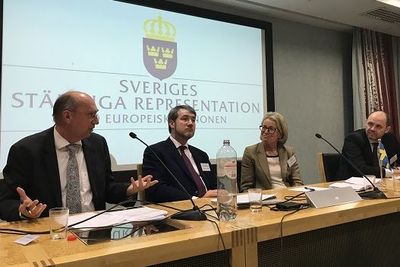
20. February 2018
A climate-friendly energy supply can only be achieved with significantly more green electricity. Experts from the EU Commission and international experts from science and industry discussed how to balance the fluctuating electricity load across the EU on 19 February 2018 in Brussels.
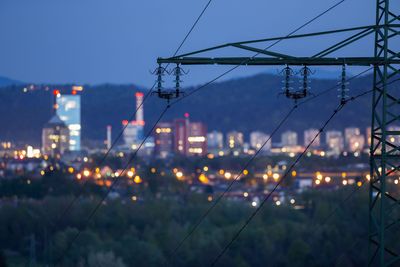
24. May 2017
The recent global cyberattack has shown: Digitally interconnected infrastructures are vulnerable. This does not exclude modern, digitally controlled energy systems. Attacks by hackers or terrorist as well as extreme weather conditions threaten the energy supply. How then can a blackout be avoided? In the position paper “A resilient design of the energy System”, the Academies‘ Project “Energy Systems of the Future” (ESYS) provides answers to this question.
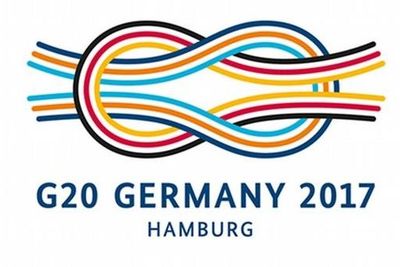
23. March 2017
The worldwide conversion of the energy supply systems – away from high greenhouse gas emissions and towards more sustainability – should be monitored by an independent expert committee. This stipulation was put forward by 22 scientists from Germany, China, Australia, Japan and the UK in a food-for-thought paper for the German G20 presidency. acatech supports their common objective.
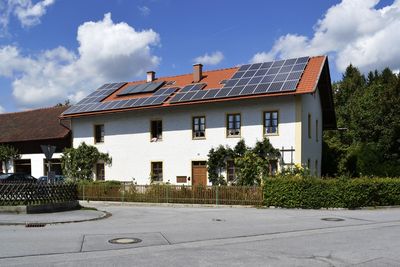
15. March 2017
If the energy transition is to succeed, each and every one needs to make an effort. It is not only necessary to save energy, but also to adjust our consumption to the fluctuating feed-in from wind and solar energy sources. So how can consumers be motivated to permanently change their behaviour? A Working Group of the Academies’ Project “Energy Systems of the Future” (ESYS) has analysed the latest research developments and summarised the results in the position paper.
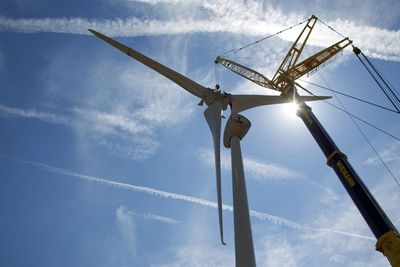
08. February 2017
Globally, there are sufficient metals and raw materials for the energy transition. However, the supply depends on the development of commodity prices, the transparency and accessibility of markets and wheather mining operations can fulfil high environmental and social standards. An ESYS Working Group has examined how the supply can be secured long term.
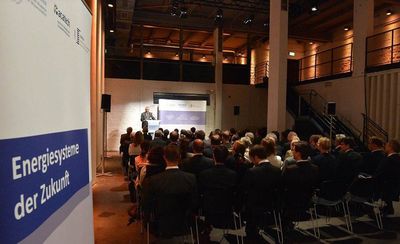
18. March 2016
Ten publications on urgent challenges in the context of the energy transition, elaborated by more than 100 experts; accompanying dialogue events with stakeholders from academia, politics and civil society: This is the result of the first stage of the project “Energy Systems of the Future”. The joint initiative by acatech, Leopoldina and the Union of the Academies will continue to develop scientifically sound analyses and position papers for three more years.
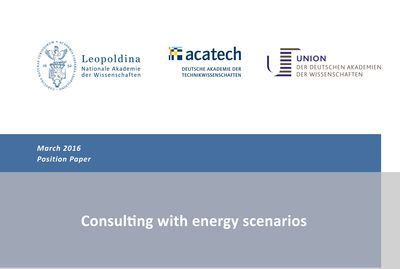
11. January 2016
Energy scenarios can greatly influence political decisions. It is therefore of major importance that the calculation models and results are comprehensible and verifiable. In their position paper, acatech – National Academy of Science and Engineering, the German National Academy of Sciences Leopoldina and the Union of the German Academies of Sciences and Humanities advocate the introduction of standards for the generation and use of energy scenarios in policy consulting.
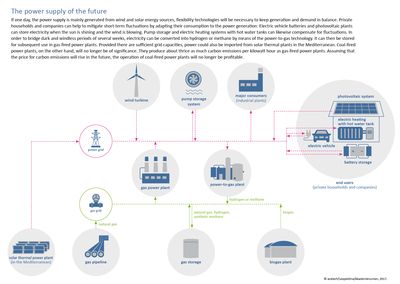
10. December 2015
There are various reasonable options how the power supply can be stabilised in the age of renewable energies. There are alternatives to almost every technology, almost all can be replaced at reasonable additional costs. One exception, however, are gas power plants that can be flexibly fired with various gases: They constitute the backbone of any stable energy system of the future. This is the result of a position paper which was elaborated by an ESYS Working Group.
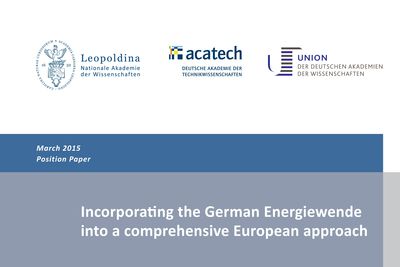
25. March 2015
In order to achieve an effective climate protection, a sufficient number of countries need to reduce their carbon emissions. The European Union should therefore establish an integrated energy and climate policy as an internationally compatible model for other economic regions. The Academies published their position paper in which they advocate a closer interlinking of the German energy transition efforts with the European energy and climate policy.